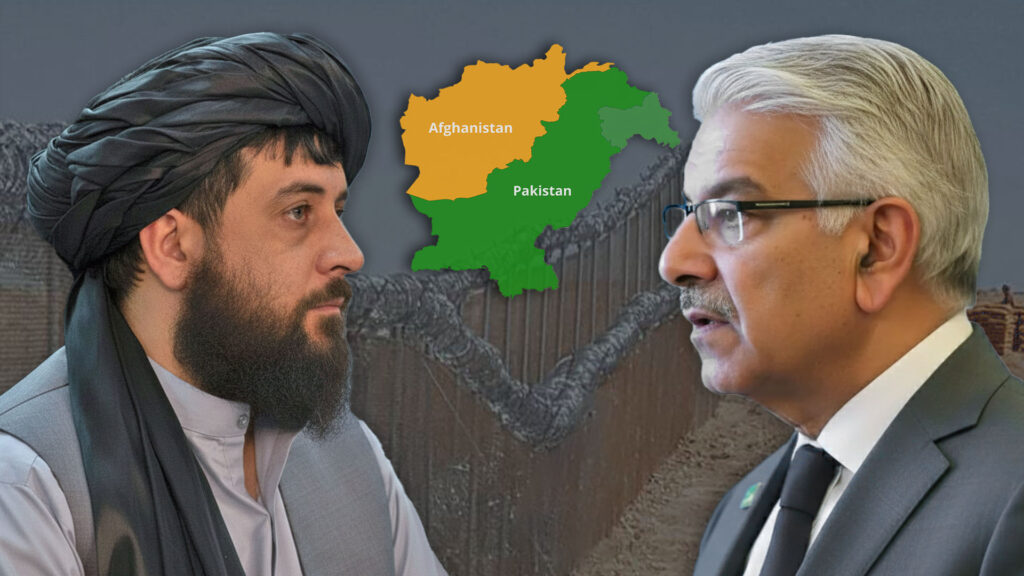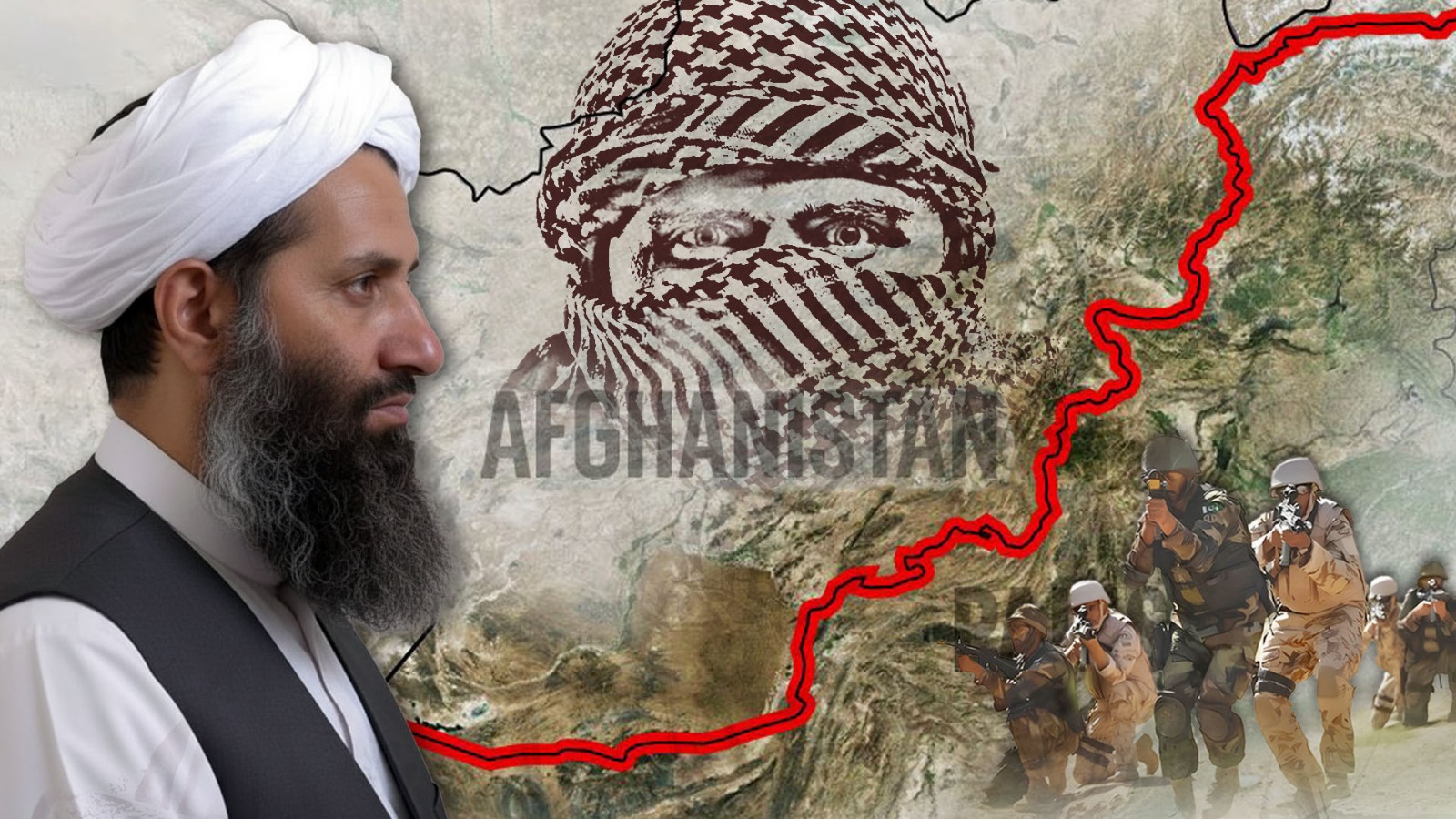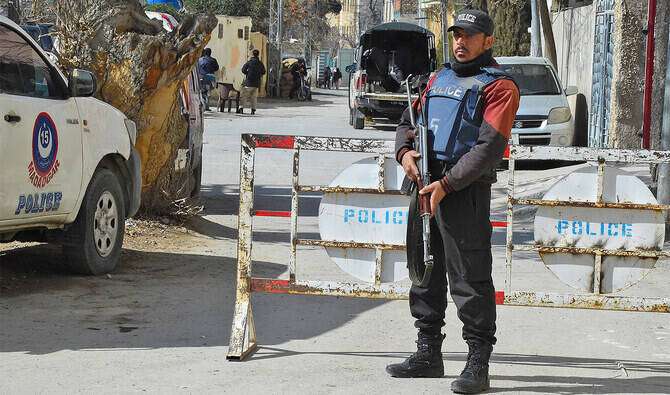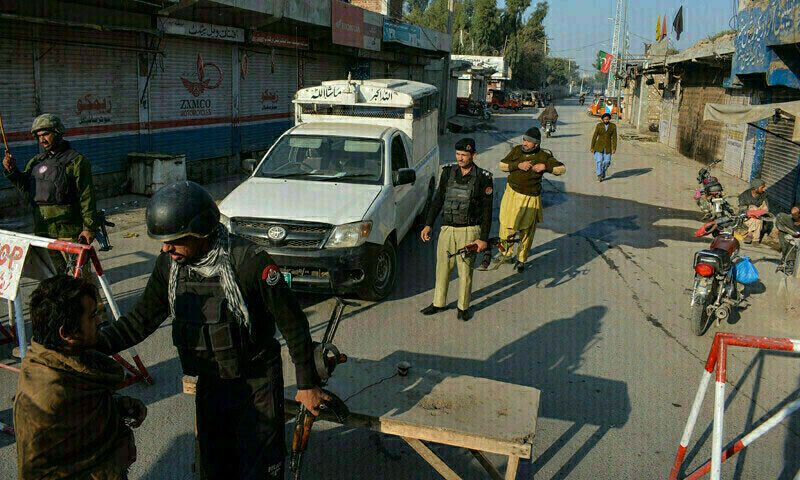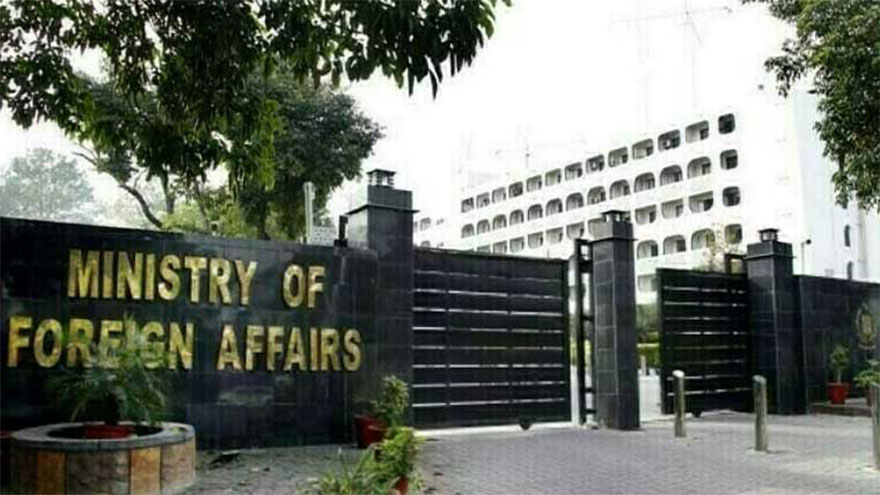A ceasefire has finally been announced between Pakistan and the Afghan Taliban following over a week of intense border clashes. The agreement is the result of joint efforts by Turkey, Qatar, and Saudi Arabia, who played a key role in bringing both sides to the negotiating table. However, the truce is widely considered temporary due to the persistence of long-standing, unresolved issues between the two nations.
Islamabad’s Demands Met with Kabul’s Rejection
The central point of contention remains the presence of the banned militant group Tehreek-e-Taliban Pakistan (TTP) in Afghanistan. Pakistan maintains a clear stance: the TTP operates from Afghan soil, using it as a safe haven to plan and launch terrorist attacks inside Pakistan, posing a continuous threat to its security. The Afghan Taliban, however, vehemently deny the allegation, asserting they have no control over the TTP and consider it Pakistan’s internal matter.
Despite the denial, the ground reality suggests otherwise. There have been multiple instances where TTP members were killed in Afghanistan during Pakistani strikes. Furthermore, Pakistani security forces targeted TTP members when a large number were returning to Pakistan during earlier rounds of negotiations. These incidents underscore the deep mutual mistrust between the two parties.
Experts` Perspective
Analysts believe the current ceasefire is unlikely to last long. Their concerns stem from several factors: Afghanistan’s weak governance and the incomplete stabilization of the Taliban regime; the perception that the TTP is being used by some factions as a proxy tool against Pakistan; and the presence of groups like ISIS-Khorasan (ISIS-K) in Afghanistan, which threaten both the Taliban and Pakistan. The TTP continuing to carry out operations inside Pakistan despite the ceasefire further casts doubt on the agreement’s authenticity.
Dr. Abdul Shakoor, a professor at the International Department of Abdul Wali Khan University, expressed deep concern over the deal’s future. “I fear the closure of the border with Afghanistan will not last long, or permanently. Pakistan has also voiced this fear,” he stated. He noted that the Afghan Taliban’s policies are still uninfluenced by other nations because they have not yet been formally recognized.
Dr. Shakoor emphasized that while Pakistan demands the elimination of terrorists from Afghanistan, the core issue remains unresolved. He highlighted the vulnerability of the 2,600-kilometer-long border, which is frequently prone to minor skirmishes, warning that the risk of future violations persists. The simultaneous occurrence of armed attacks in Pakistan while its Foreign Minister was visiting Russia underscores the need for both nations to collaborate with friendly countries (Turkey, Qatar, and Saudi Arabia) to find a deeper, lasting solution.
The analysis provided by Omar Khan Ali Sherzai, Pakistan’s former ambassador to Afghanistan, offers a more practical perspective on the ceasefire. He believes the Afghan Taliban can rein in the TTP. He cites their previous success in controlling the Gul Bahadur Group (though Pakistan eventually dismantled much of it) and argues that the Taliban must now control the TTP, or they will face direct blame.
In his exclusive comments to Khabarkada, Ali Sherzai suggested the Afghan Taliban’s primary motivation is to gain international recognition, particularly from Pakistan. However, he pointed out that while the Taliban may have gained personal benefits from an improved relationship with India, it has overall harmed the Afghan nation. The former ambassador stressed the economic reality: Afghanistan remains heavily reliant on Pakistan for essential services, including hospitals, roads, and food supplies. He believes Afghanistan must accept the immutable fact that a neighbour cannot be changed.
Sherzai concluded with a strategic recommendation: if the Taliban cannot control the TTP, they should request that Pakistan find its own solution and ensure Afghanistan provides all necessary support to deal with the threat, thereby ensuring lasting regional peace.
This ceasefire is viewed as a good start, but both parties must take serious steps to transform it into lasting peace. Experts agree that if the TTP problem is not resolved, clashes are likely to resume. Afghan affairs specialists and analysts concur that the issue can only be resolved through the assistance and joint efforts of friendly nations. Whether this agreement is merely a pause or the foundation for genuine peace remains to be seen.

